A woman in Alaska who ate a medium-rare moose steak at week 26 of her pregnancy gave birth prematurely at 34 weeks because of a toxoplasmosis infection.
According to the Anchorage Daily News, Lauren Hamm’s 34-week  prenatal checkup was only supposed to be 10 minutes.
prenatal checkup was only supposed to be 10 minutes.
But she left the hospital 96 hours later. Her son, born prematurely, didn’t leave the neonatal intensive care unit for another three weeks.
Doctors said the meat was infected with Toxoplasma gondii, a parasite that can be found in under-cooked game meat. It causes toxoplasmosis, an infection that brings mild flu-like symptoms, like swollen glands, in adults but can be deadly to an unborn child. Hamm’s story was published in the September issue of Alaska Medicine.
Doctors said Hamm had the infection and passed it on to her unborn baby, Bennett. He was born on Dec. 13, 2011, with a heart rate of 200 beats per minute, Hamm said. He had fluid around his organs and lesions on his eyes and brain. Hamm said 45 minutes after Bennett was born, his heart rate was still irregular. Doctors used a defibrillator and shocked his heart back into rhythm.
“I had a prayer in my heart that everything was going to be OK,” she said.
Her doctor, Nelson Isada, a perinatologist at Providence Alaska Medical Center, was the senior author of the article.
Hamm said Isada wondered why Bennett’s heart rate was so irregular, and he ran as many blood tests as he could on her newborn son.  According to the article, after Isada found the lesions on Bennett’s eyes, he started to piece together that the baby might have toxoplasmosis.
According to the article, after Isada found the lesions on Bennett’s eyes, he started to piece together that the baby might have toxoplasmosis.
Isada later tested the moose meat from the family’s freezer and found that it tested positive for Toxoplasma gondii.
According to the article, humans can get Toxoplasma gondii in three ways: by eating under-cooked meat that contains the cysts where the parasite lives, by a mother during gestation, or ingesting the cysts while they are opening in foods, soil, water or a cat’s litter box.
He said women who are pregnant can eat moose meat but they should make sure the meat is cooked all the way through. They should also cook beef, lamb and veal roasts or steaks to 145 degrees and pork, ground meat and wild game to 160 degrees.
Hamm said her husband shot the moose on Joint Base Elmendorf-Richardson, and the family ate the steaks medium-rare, like they always do. She was 26 weeks pregnant.
She said she never considered it unsafe to eat moose meat, because it was organic.
Now, at 22 months old, baby Bennett’s lesions have healed and he is healthy.


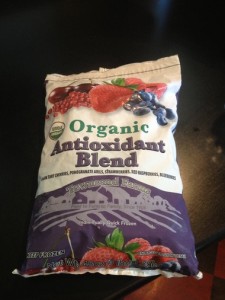
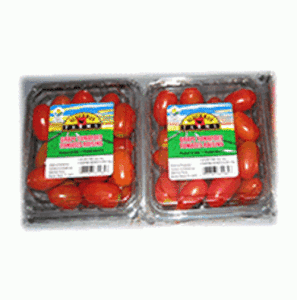


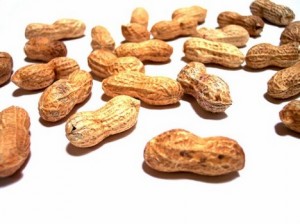


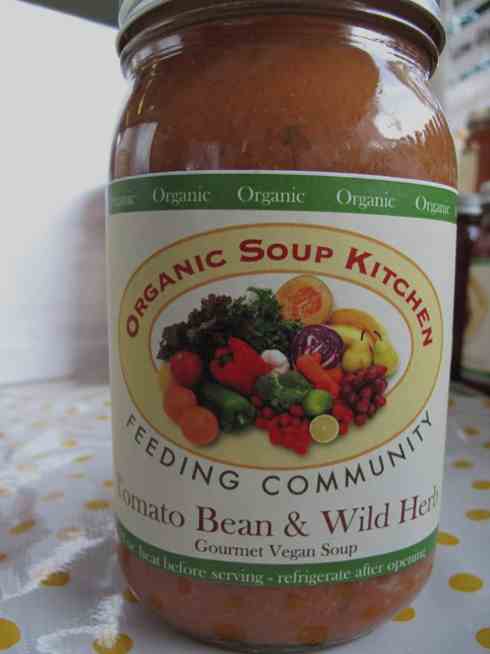 Sunset Blvd., Pacific Palisades, CA on May 13, 2012 and June 3, 2012.
Sunset Blvd., Pacific Palisades, CA on May 13, 2012 and June 3, 2012. 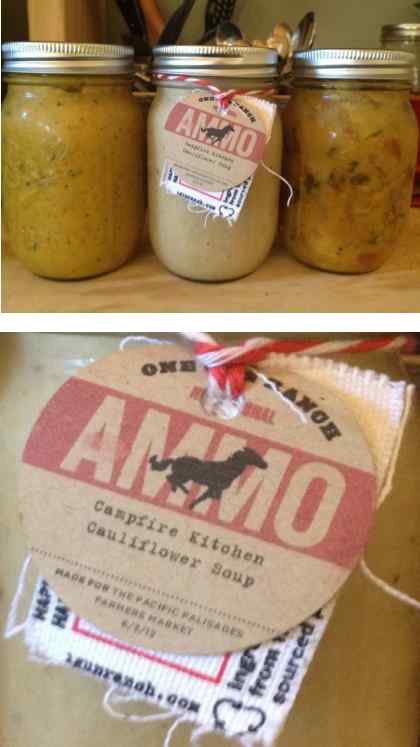
 study’s lead author, Dr. Kendall J. Eskine, assistant professor of the psychological sciences department at Loyola University in New Orleans, told NBC’s Today show. Eskine and his team showed research subjects photographs of food, ranging from überorganic fruits and vegetables to fattening brownies and baked goods. He then gauged the primed eaters’ moral fiber with stories that warranted judgment, like one about a lawyer who lurks in an ER to try to persuade patients to sue for their injuries.
study’s lead author, Dr. Kendall J. Eskine, assistant professor of the psychological sciences department at Loyola University in New Orleans, told NBC’s Today show. Eskine and his team showed research subjects photographs of food, ranging from überorganic fruits and vegetables to fattening brownies and baked goods. He then gauged the primed eaters’ moral fiber with stories that warranted judgment, like one about a lawyer who lurks in an ER to try to persuade patients to sue for their injuries.